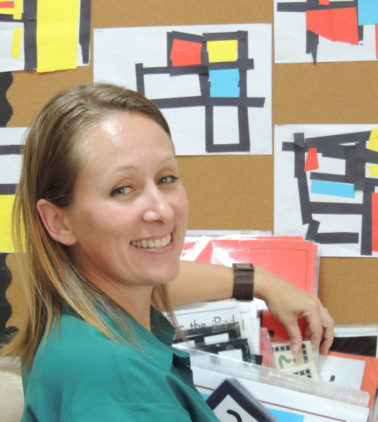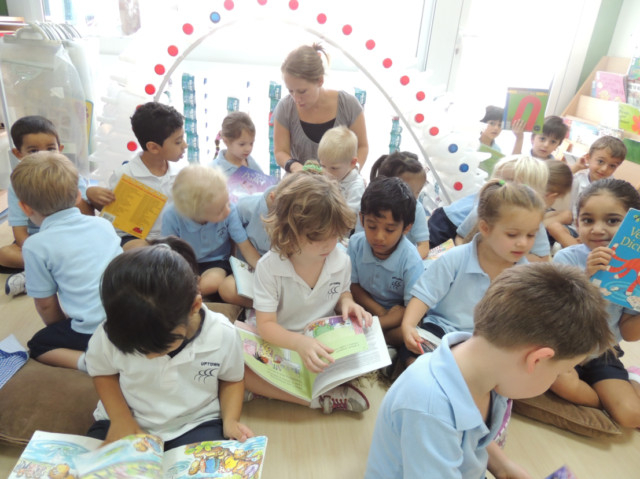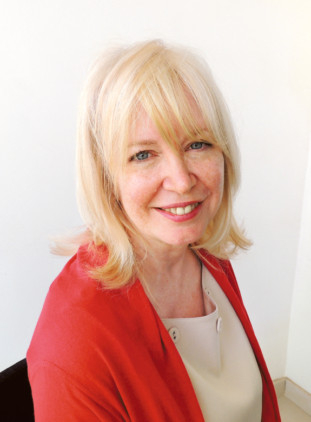
At the core of learning for this age are play-based experiences when young children learn independence and independent learning. A high-quality kindergarten or a nursery creates an environment in which confidence and self-esteem flourishes. As you begin your search for the right place to begin your child’s education journey, the three most important criteria are:
1) Curriculum.
2) Environment.
3) Teachers.
1) The Importance of Curriculum
There are many educational philosophies and curriculums to select from in Dubai when choosing a kindergarten or nursery. There is the International Baccalaureate curriculum in its early years kindergarten program. Among other early years education philosophies offered in Dubai, the Reggio Emilia approach focuses on open-ended playful inquiry helps children to learn through play; having the room at the child height simply makes sense, they cannot see their work if it is too high. Other well-known early years education philosophies available in Dubai are the Montessori philosophy, which has a more defined structure, High Scope and Rudolf Steiner.
Parents will also find many nurseries in Dubai offer some form of British National Curriculum accompanied by a variety of standards.
The Primary Years Program of the IB curriculum, which we follow is a child-led inquiry based program that maintains a sense of structure, guided by the teacher, while allowing the children freedom to explore things when they become interesting to them. While there are still learning objectives in kindergarten, the benefit is that they are on a strong curriculum continuum, which is built to lead from early years learning to primary years and on. The children are challenged at their own level and given additional support where needed. It is age and developmentally appropriate. The work is not always about the finished product, but the process itself. A child may have a masterpiece to take home, and may have applied fine motor skills, organizational and self-management skills to complete it. He will have made choices and applied thinking skills. The work may have been shared during confidence building sessions to encourage communication. The many non-academic skills that are taught are invaluable. Children learn several types of self-management skills and progress to working independently on their own. There are communication and social skills that are taught and learned. Children learn research skills. They learn that it is acceptable not to know an answer, but we need to know how to find the answer. The children are then constantly encouraged to apply these new skills in real life situations.
2) The Learning Environment
Classroom environment plays a vital role in children’s learning. Children learn best when involved with meaningful objects that are already part of their small world. They learn best while using the immediate and natural surrounding environment and materials because it is relevant to them. Living in the UAE, children see lots of sand, rocks, shells, etc., that can be brought in the classroom. The word classroom is used loosely because learning does not always occur in the classroom. The playground becomes a classroom, the school administrative office becomes a classroom, and the supermarket becomes a classroom. The kindergarten classroom environment is used in a child-friendly manner to support learning that may take place in other locations. It is a welcoming environment with an abundance of natural materials and light. The space should not over-stimulate and is calm to encourage maximum comfort for the child to bring his own thoughts and ideas to life.
3) The Influence of Teachers
It is important to remember just how much adults can influence children. Teachers at Uptown are exceptionally experienced and understand the need for global understanding. They do not always simply give the answer to the children. Instead they look for ways to solve the problem together. The teacher facilitates the learning, and is seen as a learner as well. Teachers are flexible and know that deviating from ‘the plan’ is acceptable and sometimes even encouraged. Parents are always welcome at Uptown and a canteen at school encourages on-site participation. Parents are enabled to become more knowledgeable about the teaching methods and philosophies used in the classroom, and informed about the activities they see taking place. There is an open-door policy that encourages parents to assist in the classroom and experience the transparent learning.
Value the Journey of Your Young Child
Value the work of your child and the process he has undergone. Value the experiences he has while she is away from you for the day. Your child’s journey is priority. Know that the environment you enroll your child in will shape who he becomes as you select a nursery or kindergarten. Look to the adults in your child’s world who will transfer their own values without even knowing it. Children, young students, need to know how to solve their own problems. Value their independence because we will not always be there to solve their problems for them. One day, they will be adults who have to function independently without parents. It is our responsibility to teach them how the leave the nest and succeed without us.
Every child learns not in the same way and not on the same day.
Lyndsey Thompson, BA, GradDipStratMgt, PGDipTchg, PreK Team Leader, Uptown School and Susan Simmons Whistler, Communications at Uptown School














